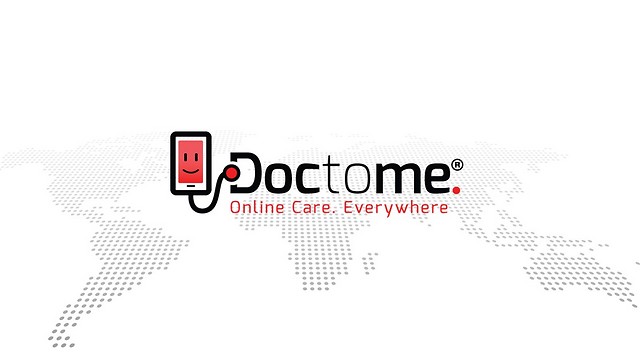Doctome can help reduce ER waiting times by providing initial diagnosis and working in conjuncton with hospitals and clinics.
Doctome, an Israeli medical start-up, is looking to change both how patients interact with their healthcare providers, and how people look to the internet for quick health advice.
Itamar Bitton, a 30 year old industrial engineer and CEO of Doctome, told Tazpit News Agency that through partnering with IBM, his digital doctor-patient platform will change the healthcare professions in the US, UK and further afield.
Doctome aims to be more than a Google search of symptoms, which is what many in western countries do to try and self-diagnose health issues. The digital doc platform is a fully functional first step for people requiring health advice and even diagnosis, and can be adapted to fit either a WhatsApp or computer hologram delivery mechanism.

The software’s incorporation to IBM’s Watson computer, as part of their placement in the microchip giant’s start-up incubator has been a breakthrough for the company. The Watson project developed a “cognitive computer,” which IBM claim can learn like a human.
“We’re teaching Watson to be a doctor,” the Israeli entrepreneur told Tazpit. Bitton believes his product could be making an appearance in up to four countries within the next two years.
“Our technology will reduce ER waiting times by up to 50 percent, as well as reduce the load on often over-stretched primary physicians,” Bitton claimed.
Doctome not only aims to revolutionize how healthcare is administered in the western world, but in the developing world too.
Using the WhatsApp function, Doctome will hope to provide an accessible and affordable telemedicine service to remote areas in native languages.
The program has a built in file building function, and an ER reference mechanism, allowing it to be used in conjunction with hospitals and clinics in cities far from remote villages.
Bitton spoke to Tazpit in the wake of his company’s entrance into negotiations with an unnamed British venture capital fund, in a bid to raise $10 million.
The money will reportedly go towards business development and marketing, in a bid to break into the lucrative UK and US markets.
Hopes for the future are bright, with many apparently getting on board with the concept. Bitton’s introduction to the fund was made by an employee of Bloomberg, who were event partners in a delegation of potential British investors to Israel in May.
As reported by Ynetnews
